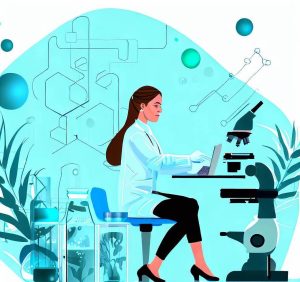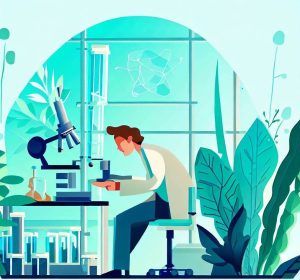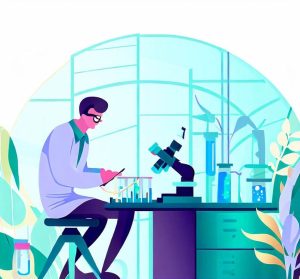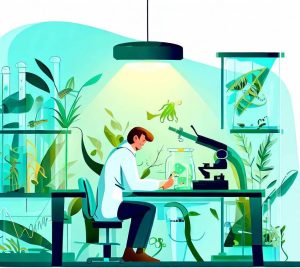Looking for a diverse and dynamic career in STEM? Consider becoming a biologist. This STEM role offers a wide range of specializations and research areas. As a biologist, you’ll explore life on many levels—from the intricacies of microscopic cells to the complexities of whole ecosystems. Whether you’re passionate about genetics, ecology, or any of the numerous biology subfields, there’s a niche for you. Plus, a biology career lets you contribute to vital scientific research and environmental conservation. If you’re fascinated by the natural world and eager to make a scientific impact, then a career in biology could be your ideal path.
Check out our knowledgebase for more information. Are you looking for your dream job in STEM? Look here.




